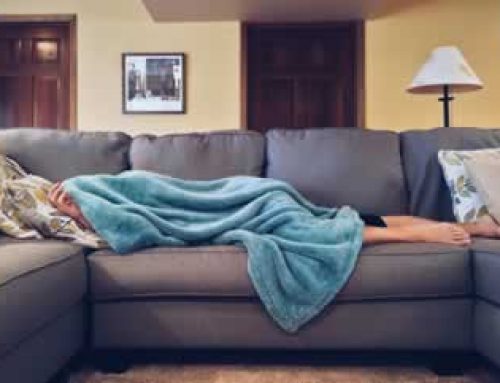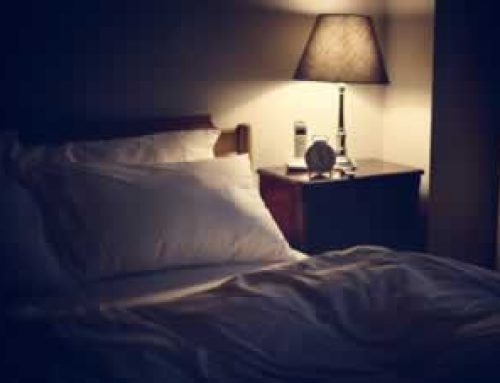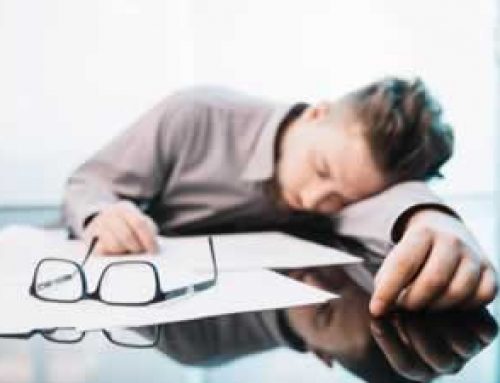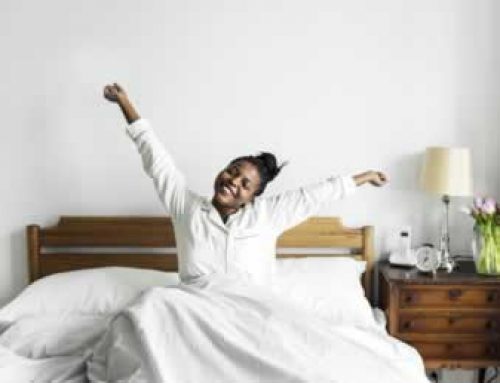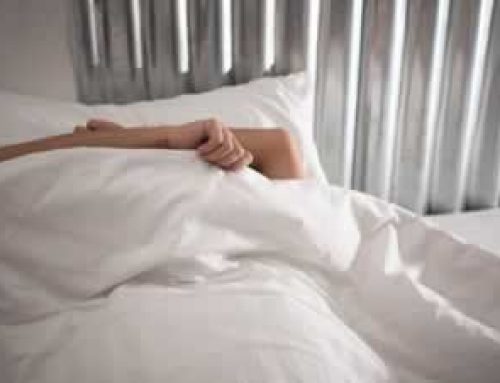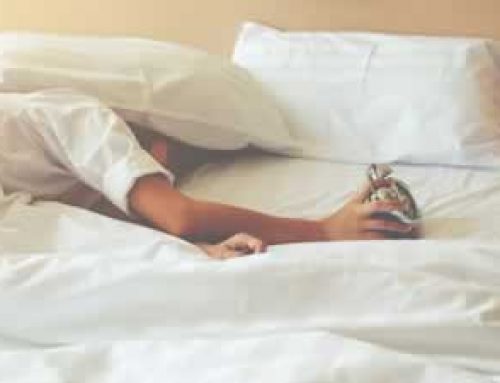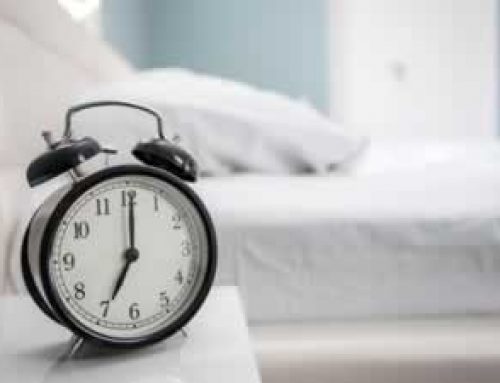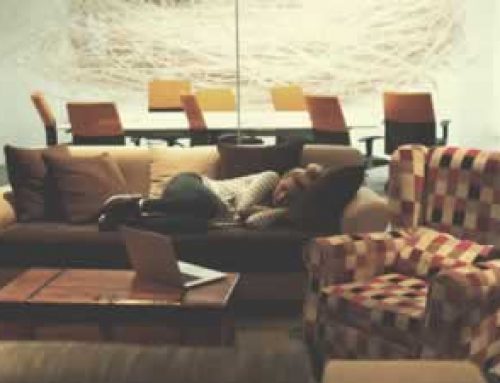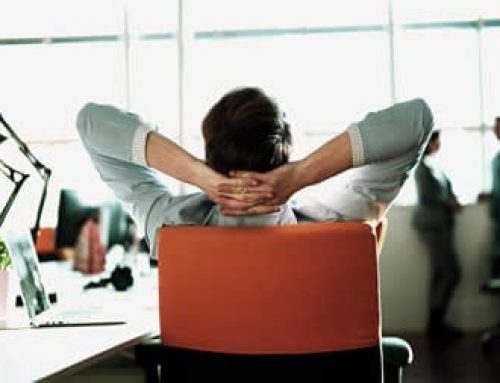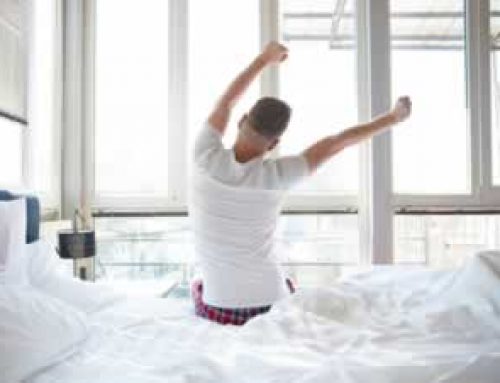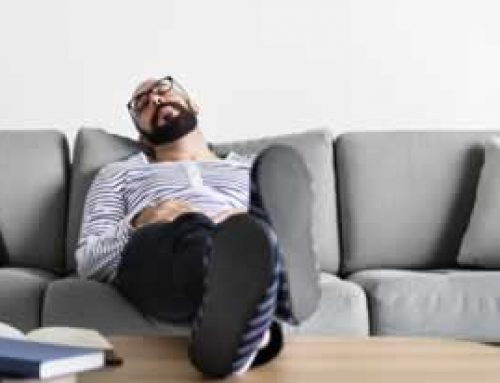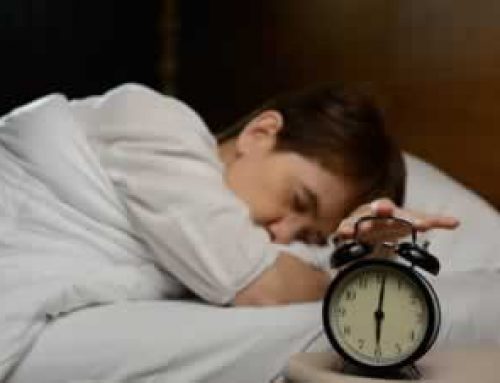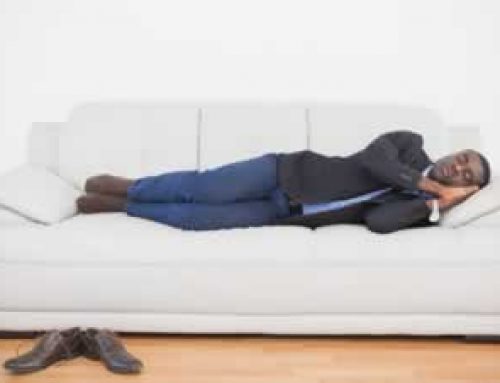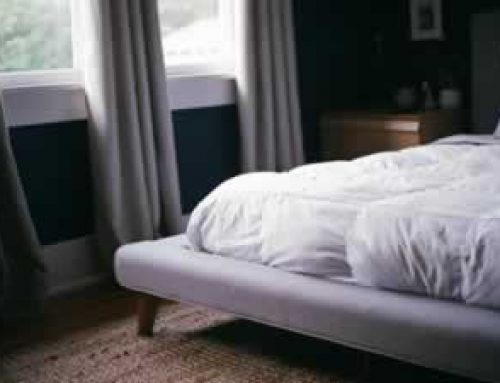Business Success: What You Need to Know About Sleep Hacks
When it comes to sleep, there’s no hiding the facts that business people are one of the most sleep-deprived populations. From late or early client meetings to last-minute proposal deadlines to all night software upgrade implementations, there are many things which keep you from getting a night of quality sleep.
Despite these challenges, it’s essential that you get the best sleep possible each night, especially given the negative impact which sleep deprivation can have upon your performance. Here are six sleep hacks which everyone in business needs to know:
Limit evening cocktails
What: Try to limit how many alcoholic drinks you have in the evening to help you get a better night’s sleep.
Why: Even just a couple of drinks can affect the quality of your sleep.
Alcoholic drinks are often plentiful at evening client dinners, business networking events, conference receptions, and business celebrations, but they can lead to a bad night of sleep which turns into a bad morning. In fact, just a few drinks can make you feel like you’ve had no sleep the next day as the body goes straight into a deep sleep, missing out the first stage; REM sleep. This is when the body restores itself.
Be sure to limit yourself to a couple of alcoholic drinks and cut yourself off 2-3 hours before bed to give your body time to metabolize the alcohol thoroughly. Better yet, skip the alcohol in your cocktails! Stick to water and noncaffeinated beverages before bed.
Avoid caffeine in the evening
What: Don’t be tempted to drink caffeinated drinks in the evening, stick to water instead, to ensure you can get to sleep and stay asleep.
Why: The effects of caffeine can last for up to 4-6 hours on average and will prevent you from getting to sleep if consumed in the evening.
It’s tempting to look to caffeine for a boost when you’re running low on energy in the evening as you try to get the proposal done for the client you’re meeting with in the morning. While it will perk you up for a but, it will also keep you from getting a good night’s sleep. Sleep that’s critical for you to get so you can deliver your proposal to the client at tomorrow’s 8 am meeting! You’ll be better off getting up and doing some light exercise for 10-15 minutes to get the boost of energy you need to finish up the proposal. Save the caffeine for the morning.
Grab a coffee about 7:30 am on your way to the office, so the caffeine kicks in just as you’re ready to start your meeting!
Resist the temptation to pull an all-nighter
What: Avoid pulling all-nighters to either write or make last-minute revisions to your presentation, proposal or advertising campaign.
Why: Sleep deprivation in the short term is known to cause impulsive behavior, anxiety, and forgetfulness.
Running on empty when it comes to sleep is never a good idea, and all-nighters put you at risk of forgetfulness, low productivity, and reduced cognitive performance. A lack of sleep can result in a proposal full of errors, a presentation that makes no sense, or an offensive advertising campaign; avoid at all cost.
Take a power nap
What: When sleepiness keeps you from performing at your best, take a power nap between 1-3 pm for 10-26 minutes.
Why: A short afternoon nap can boost help to alertness, energy, stamina, motor learning, and motor performance to refresh you so you can get back to work. It also improves muscle memory and clears the brain of useless built-up information, which helps with long-term memory (remembering facts, events, and names).
A 10 to 20-minute nap is excellent when you need to get straight back to work as it delivers a quick energy boost while still letting you sleep at night. The slightly longer 26-minute NASA nap is best for a day you’ll be working after-hours. Both keep you in the lighter stages of non-rapid eye movement (NREM) sleep, making it easy to get going afterward.
Setting an alarm is critical, so you don’t sleep too long and develop sleep inertia!
Make time to relax
What: Take a break for 10 minutes to relax or meditate during the day.
Why: Stress and sleep don’t mix well. Keep your stress level under control by setting aside a few minutes each day to relax or meditate and release your stress.
Stress is a known cause of insomnia. The pressures of making your numbers, meeting deadlines, coming up with new ideas, and working with difficult people can cause stress to build. By taking the time to relax and deal with the underlying causes and problems, you can reduce or eliminate your sleep-disturbances.
Use aromatherapy
What: Place a lavender essential oil diffuser on your nightstand or spray lavender lightly on your pillow to promote sleep.
Why: Lavender aromatherapy has been proven to influence the quality of sleep.
While the idea of breathing in the scent of lavender as a sleep aid probably wouldn’t occur to you right off, it has been proven to have a surprising ability to help with sleep. You need lavender essential oil for this to be effective. You can get it at most local general stores, bath shops, and pharmacies or online. It is available in a variety of forms.






